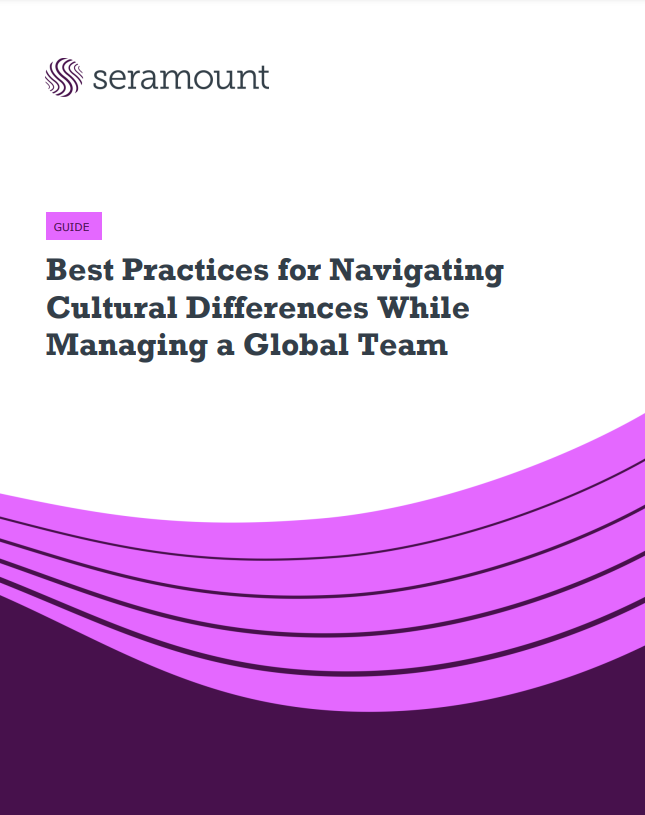Guides and Tools
Best Practices for Navigating Cultural Differences While Managing a Global Team
In an increasingly globalized world, leaders often deal with teams, clients, and partners from varied cultural backgrounds. Understanding and respecting these cultures is imperative for effective communication, collaboration, and decision-making. Leading global teams often involves navigating misunderstandings or conflicts arising from cultural differences. Managers should be equipped to handle these situations with cultural sensitivity to maintain an inclusive and productive environment.
This guide examines the importance of intercultural competence and cultural intelligence when managing global teams. The action steps for leaders provide tangible solutions to enhance team dynamics and increase inclusion.
Sign in to view this resource
Please sign in to access this and other member resources. If you are not yet a Seramount member, please email us at [email protected].
Topics
Related
Full size image view




